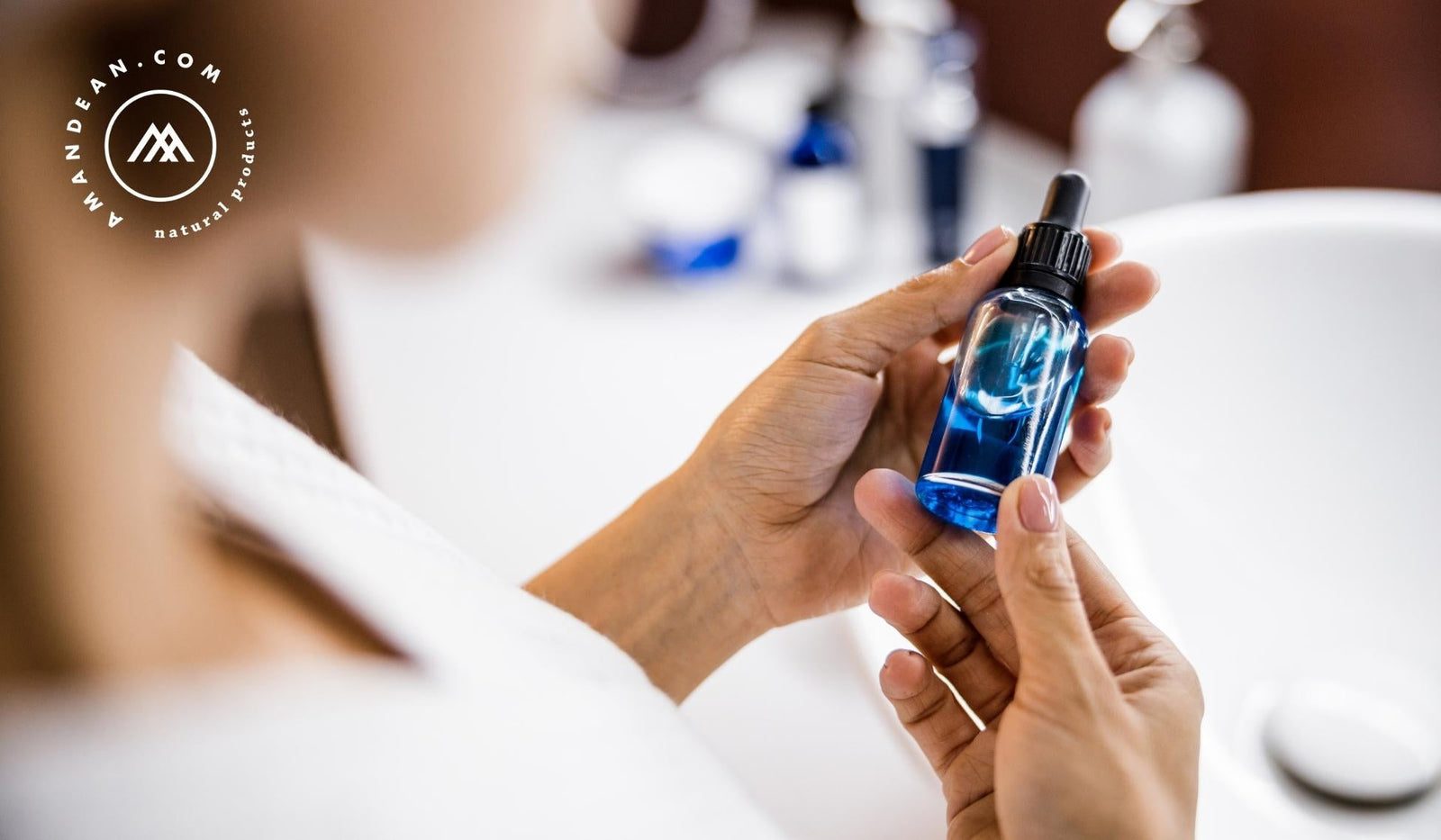Your Cart is Empty

March 04, 2022 4 min read
Do you know what the classic signs of health and youth -- smooth skin, flexible joints, and muscle mass to name a few -- have in common? Collagen. Collagen is a protein that is naturally produced by the human body. As a structural protein, collagen proteins build on top of each other and create a structure, almost like scaffolding, that supports and strengthens all of the body's connective tissues. It's what keeps skin firm and smooth, joints thick and flexible, and muscles strong. The bad news is that collagen production decreases with age. That's why collagen peptide supplementation has made its way into the skincare arena.

There are a lot of "cure-all", anti-aging, skincare ingredients that are supposed to reverse aging overnight. After many disappointments and wasted dollars, consumers have gotten too savvy for that. So what makes collagen different? Collagen deficit is a major contributor to wrinkle formation; as collagen synthesis slows, it inevitably opens the door for new fine lines and wrinkles to form. Thus, if you're able to replicate the same levels of collagen that you had when you were younger, you can help keep the skin healthy and youthful for even longer.
While there are many different types of collagen and each one works in a slightly different way, the basic gist is this: collagen supplements, commonly in the form of oral collagen powder, are collagen proteins that have been hydrolyzed and broken down into small pieces. These "pieces" are actually called collagen peptides and they enable the collagen to be broken down and absorbed in the gut, then distributed throughout the skin via blood vessels. When collagen is consumed, it gets broken down into its amino acids, glycine, proline, and hydroxyproline. All three of these amino acids are precursors to collagen production; without them, your body couldn't make collagen. Once collagen levels increase the many benefits of collagen can be realized, including joint health, muscle growth, nail and hair growth, and better skin health.

Many placebo-controlled studies have found that oralcollagen supplementation helps to minimize the side effects that collagen deficiency has on the skin. Studies have found that collagen:
We know that collagen can promote healthy skin from within -- but can it work the other way? With so many collagen skincare creams and treatments, it can be tempting to think that applying a liquid collagen supplement directly to the skin will be able to provide the same benefits.
Today there are many different forms of collagen supplements; there are creams, serums, powders, pre-made collagen drinks, gummies, and capsules. However, when it comes to restoring the skin's health and natural glow, not all supplements are equally effective. Oral supplements, and powdered collagen in particular, are considered the most reliable way to increase collagen levels and thus have the greatest improvement on the skin. Topical products like creams or even liquid collagen supplements that are applied to the skin are not as effective. This is because the collagen proteins are too large to penetrate the skin. Without being broken down in the lower intestine, collagen is practically wasted and cannot be used by the human body.

Liquid collagen supplements were created with the intention of adding them to drinks for consumption; they should not be applied directly to the skin.If you are adding the liquid collagen to say, a cup of coffee or green tea, this allows it to be properly broken down and can help boost collagen production. However, when compared to powdered collagen, liquid collagen is likely less effective. This is because, in order to make the collagen into a liquid form, it needs to be diluted with some kind of liquid. Liquid collagen is simply diluted or pre-absorbed collagen powder. It is only as bioavailable as the collagen powder from which it is made and no claims of greater bioavailability have been scientifically proven.
So how can you get the most benefits from your collagen supplement? Here are a few tips:

As a structural protein, collagen proteins build on top of each other and create a structure, almost like scaffolding, that supports and strengthens all of the body's connective tissues.
Oral collagen supplementation helps to minimize the side effects that collagen deficiency has on the skin.
Topical products like creams or even liquid collagen supplements that are applied to the skin are not as effective since collagen proteins are too large to penetrate the skin.
When compared to powdered collagen, liquid collagen is likely less effective since, in order to make the collagen into a liquid form, it needs to be diluted with some kind of liquid.
Marine collagen, a form of collagen made from fish skins, is the most bioavailable or effectively absorbed type of collagen.

December 12, 2025 7 min read
Achieve luscious locks with collagen for hair. Try Amandean’s premium collagen supplements for stronger, healthier hair.

December 12, 2025 10 min read
Collagen packets by Amandean make skin, joint, and hair support easy on the go. Learn how collagen packets work and upgrade your wellness routine today.

October 17, 2025 8 min read
Find out why creatine is better for vegans! Boost your wellness game and unlock peak performance with Amandean's premium supplements today.